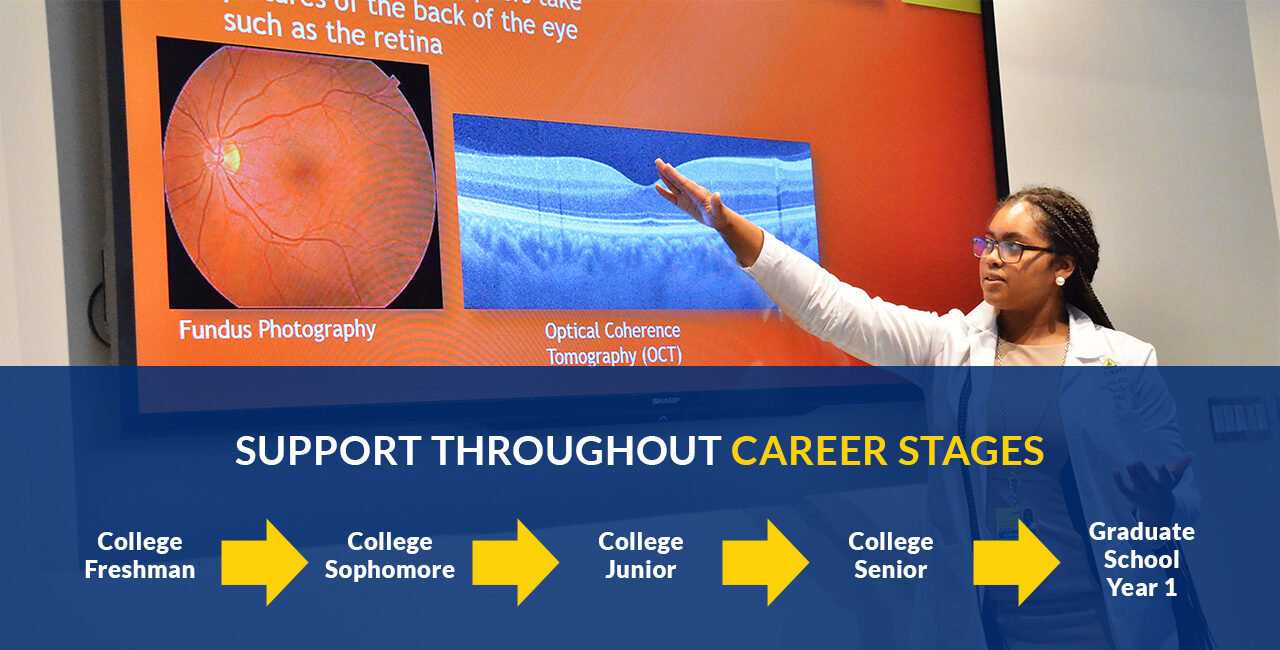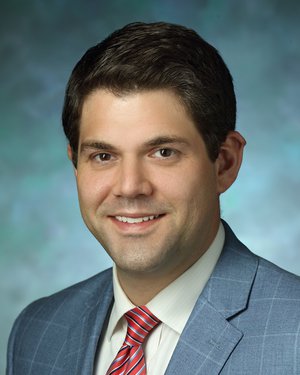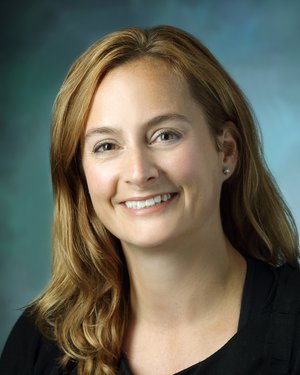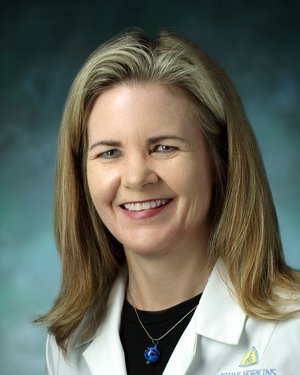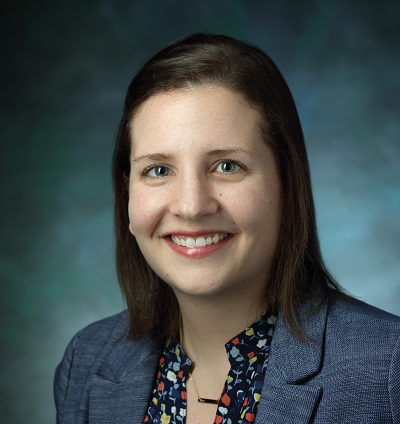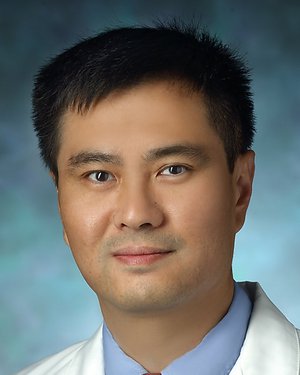Professor of Medicine and Molecular & Comparative Pathobiology
Dr. Blankson’s laboratory has focused on the mechanism of control of HIV-1 replication in a cohort of patients known as elite controllers or elite suppressors. These patients are HIV-1 seropositive, but maintain levels of viremia that are below the limit of detection of standard clinical assays. Dr. Blankson and his team feel that elite suppressors represent a potential model for a therapeutic HIV vaccine. Their central hypothesis is that many of these patients are infected with fully replication-competent HIV-1 isolates that are held in check by the immune system. To test this hypothesis, they are studying many different host and viral factors in these patients.
They have shown that CD4+ T cells from these patients are not intrinsically resistant to HIV-1 infection and that elite control is probably not due to HIV-specific neutralizing antibody or NK cell responses. While HIV-specific CTL responses are known to be important in controlling viral replication, they have shown that virus amplified from these patients have developed escape mutations in immunodominant epitopes. They are thus trying to determine how control of viral replication is maintained in the presence of immunologic escape.

